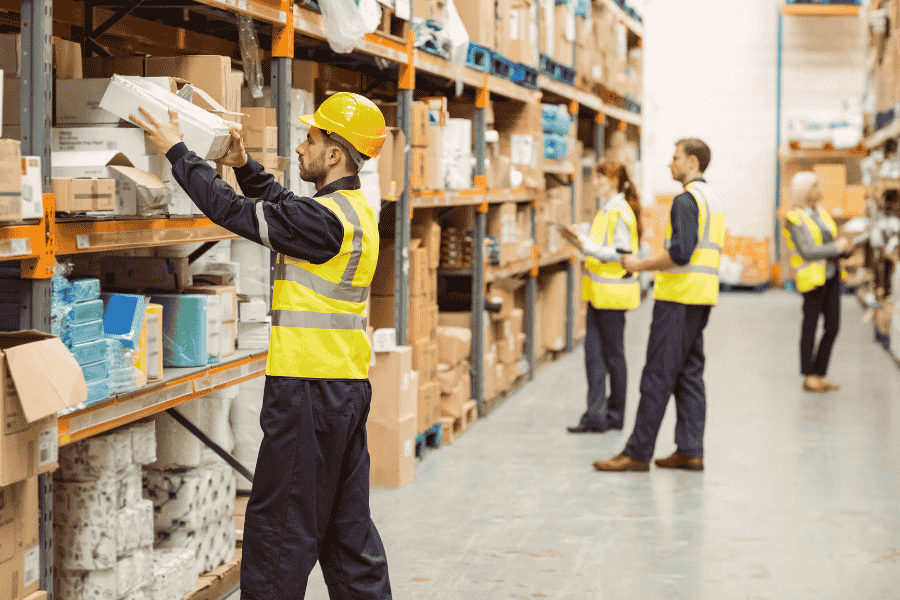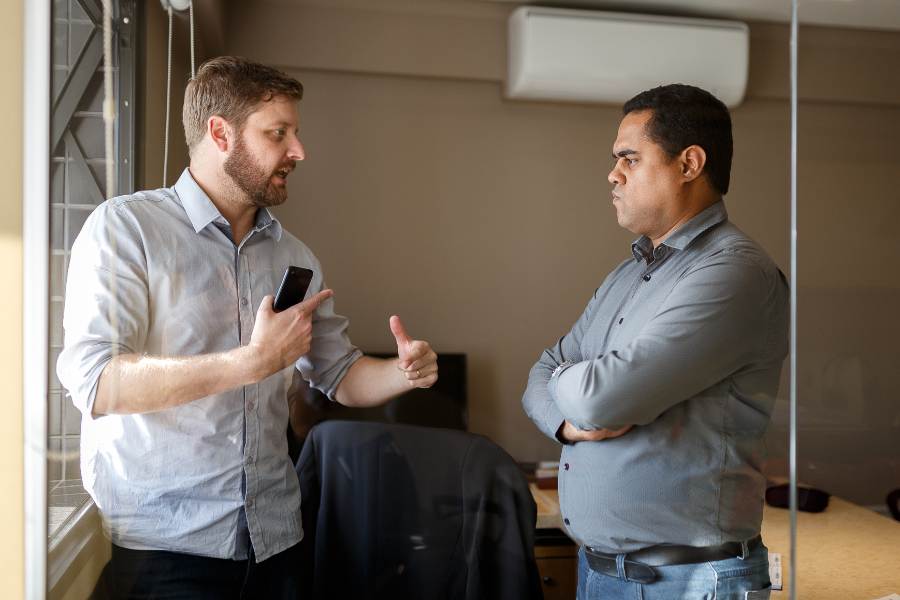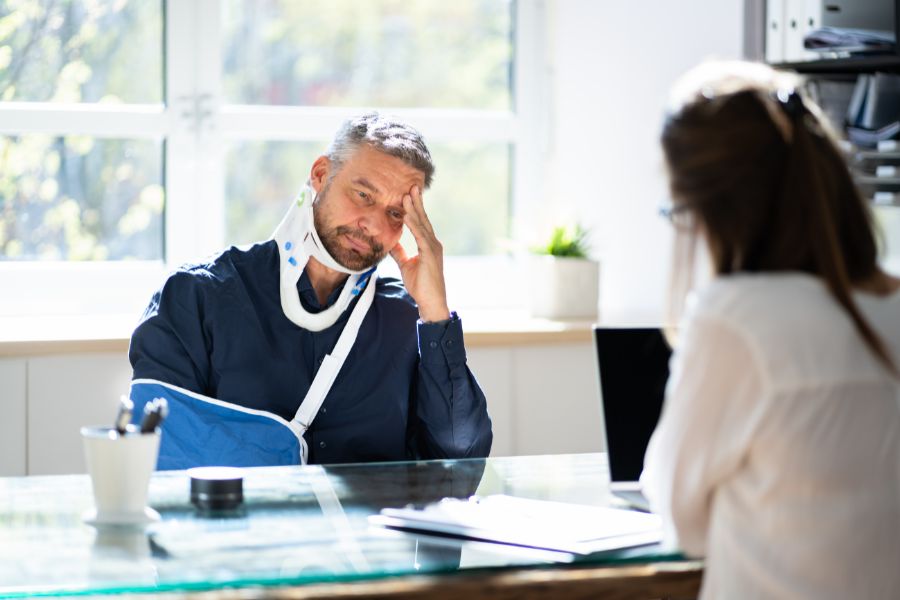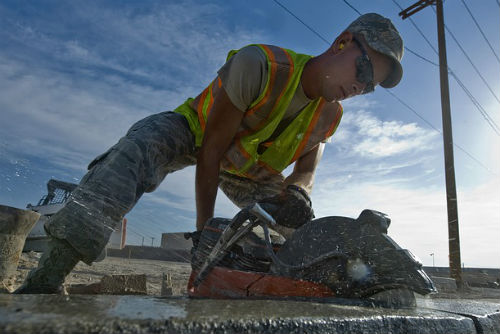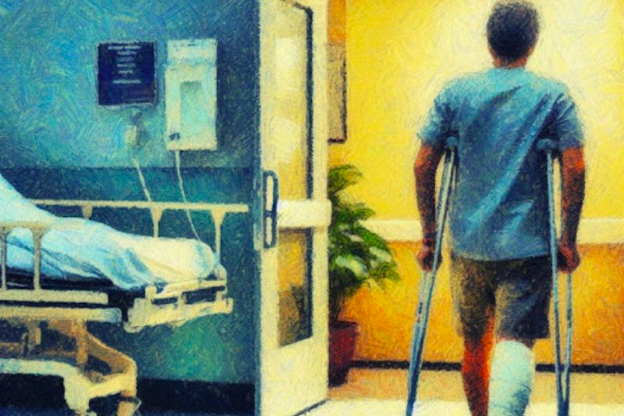Workplace Hearing Loss: A Silent but Serious Injury
According to the CDC, more than 22 million American workers are exposed to excessive noise on the job each year. That exposure puts them at serious risk for permanent hearing loss, a disability that can change the way you live and work. Industries like construction, mining, fracking, and manufacturing face the highest risks, but hearing damage can affect workers in many fields.
What might surprise you is that moderate noise levels, not just extremely loud ones, are often the biggest culprits. Workers exposed to painfully loud environments are more likely to use hearing protection, while those in “moderately noisy” workplaces may not realize the danger until it’s too late.
To combat this, OSHA regulations require employers to notify workers of noise risks, provide hearing tests, and offer training to help prevent hearing loss. For example, workers exposed to noise above 85 decibels for an eight-hour shift (that’s about the level of a blender running) are supposed to receive hearing protection and regular monitoring. In construction, the threshold is even higher, 90 decibels, which is about the same as a power saw running all day.
The Department of Labor has also stepped in with its “Hear and Now” campaign, aimed at preventing workplace hearing loss. This initiative is exploring new technologies that can:
- Alert workers in real time when noise levels are unsafe.
- Improve protective devices so employees can still hear instructions while blocking harmful noise.
- Provide better training for both workers and employers.
Even with these efforts, work-related hearing loss is still one of the most common occupational injuries, and once your hearing is gone, it rarely comes back.
If you’ve suffered hearing damage because of your job, you may be entitled to workers’ compensation benefits in Ohio. These benefits can help cover medical testing, hearing aids, lost wages, and more.
As a Certified Ohio Workers’ Compensation Lawyer, I’ve helped workers across Columbus and beyond secure the benefits they deserve after hearing loss or other occupational injuries. If your hearing has been impacted by your work, don’t ignore it—get the help and support you need.


